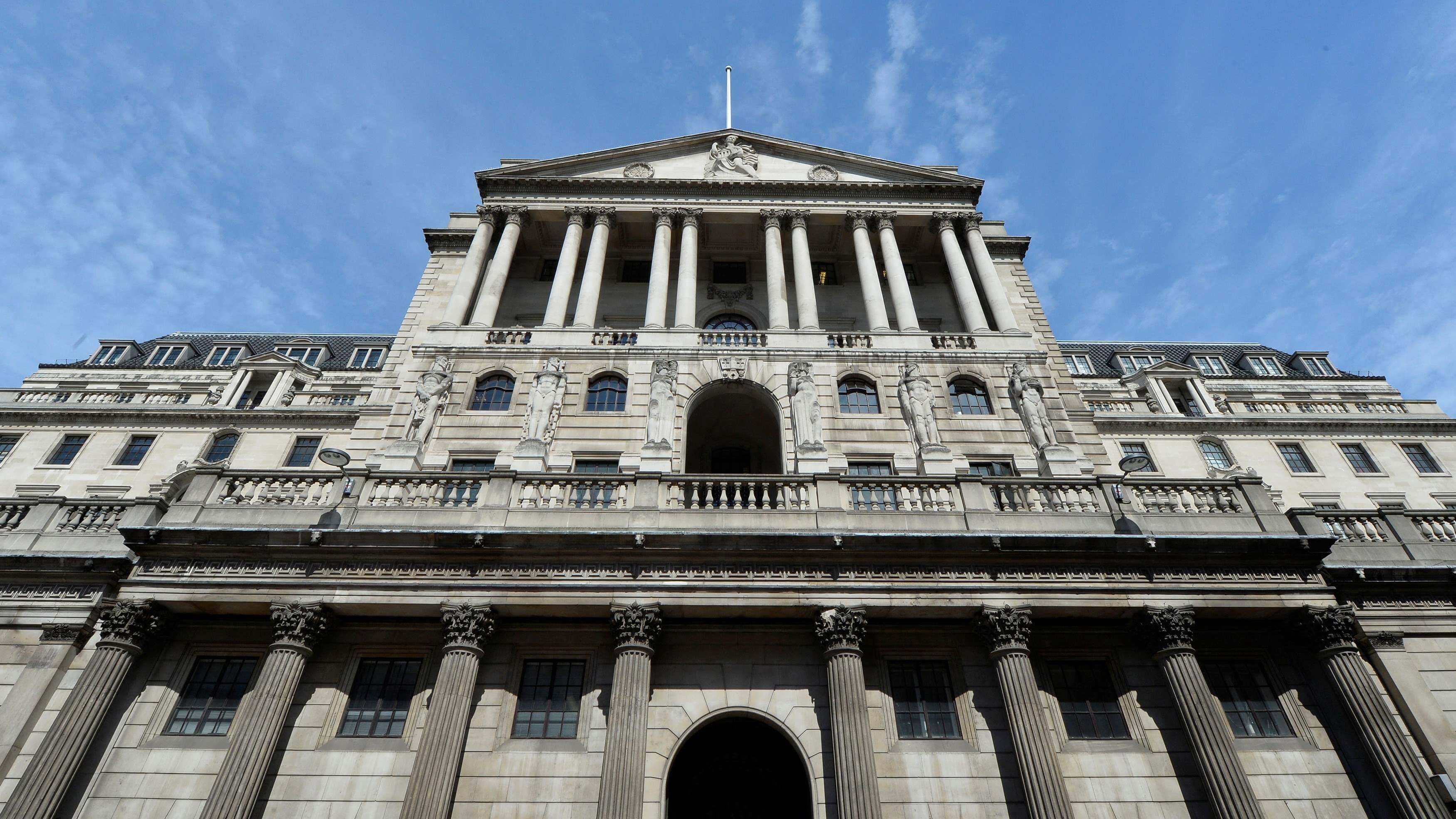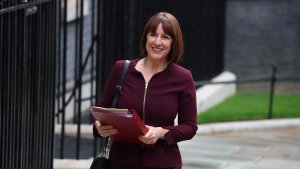BoE's Broadbent: Hard To Tell If Wages Are Really Cooling
Questions remain about whether wage growth is accurately capturing what was going on with pay.

The Bank of England will have to wait before it can be sure that wage growth - a key driver of inflation pressure - really is on a downward trend, Bank of England Deputy Governor Ben Broadbent said on Monday.
After a surge in bets in financial markets on four or possibly even five interest rate cuts by the BoE in 2024, Broadbent's comments reinforce the BoE's message that it is too soon to talk about lower borrowing costs.
He said there had been a slowdown in the official measure of wage growth but there were questions about whether it was accurately capturing what was going on with pay.
Earlier this year, Britain's official measure of pay growth hit its highest on record, excluding volatile bonus payments.
Broadbent said it was unclear if recent falls in that data series were just bringing it in line with other surveys which did not spike as high but which still show pay growth higher than the 3-4% typically consistent with low inflation.
"One would want to see further evidence, across several indicators, before concluding things are on a clear downward trend," Broadbent said in the text of a speech to the London Business School.
Last week the BoE kept interest rates at a 15-year high for a third meeting in a row and said again that borrowing costs would probably have to stay elevated for an extended period to ensure the risks from inflation - including excessive wage growth - are quashed.
Broadbent voted with the majority of Monetary Policy Committee (MPC) members who backed holding Bank Rate at 5.25%.
In his speech, he listed disparities between various labour market measures, a problem which has been aggravated by the recent decision by the Office for National Statistics to suspend some of its data on employment and unemployment.
Broadbent said the MPC still put most weight on the ONS's average weekly earnings (AWE) data, which has not been affected by the recent problems.
"But, taking all this together, there is a question about whether rapid pick-up in wage growth in the spring and summer was quite as marked as in the official data," he said.
Unemployment may also be rising, Broadbent said. Due to low response rates, the ONS has temporarily replaced its main data on the unemployment rate with an experimental series, partly calculated using welfare claims.
This new series has shown unemployment holding steady at 4.2%, in contrast to a gradual upward trend before the shift.
Broadbent said welfare claims were an unreliable guide to unemployment, especially in the short term, as new entrants to the job market who were unable to find work - such as current or former students - rarely made such claims.
"Proxies for the change in unemployment - whether just flipping round the figure for employment growth or seeing what's happened to the claimant count - do not, over short periods of time, perform that well," he said.
(Reporting by William Schomberg and David Milliken; editing by Christina Fincher)
Thanks for signing up to Minutehack alerts.
Brilliant editorials heading your way soon.
Okay, Thanks!

